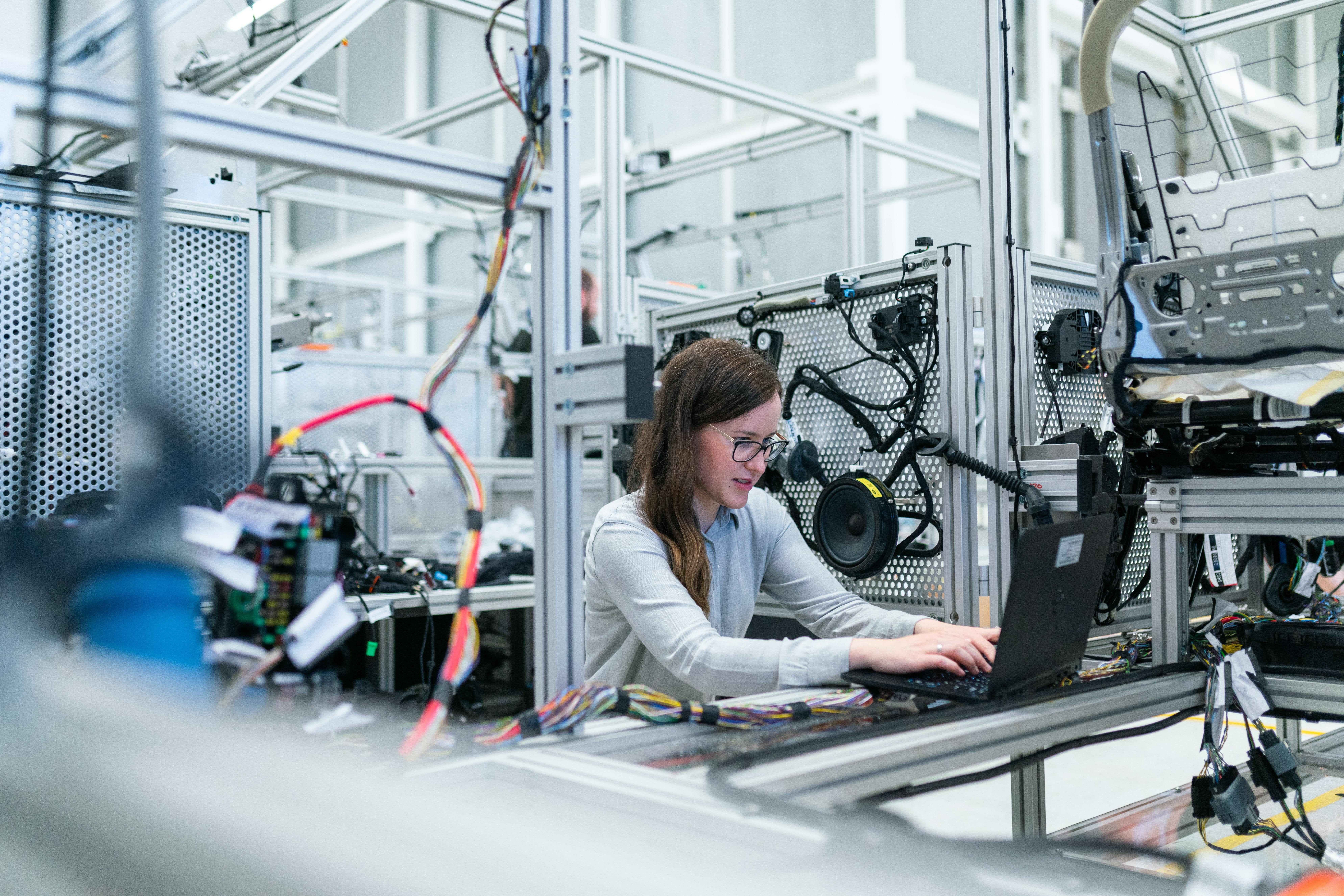JAKARTA, odishanewsinsight.com – In a world increasingly shaped by technology, the concept of Tech for Good has emerged as a powerful movement aimed at leveraging technological innovations to address social, environmental, and economic challenges. This article delves into various innovations that exemplify how technology is making a meaningful difference in communities and the world at large.
Understanding Tech for Good

Tech for Good refers to the use of technology to create positive social impact. This encompasses a wide range of initiatives, from developing applications that support mental health to creating platforms that promote environmental sustainability. The goal is to harness the power of technology to improve lives, foster inclusivity, and drive systemic change.
Key Innovations in Tech for Good
Here are some notable innovations that illustrate the impact of Tech for Good across various sectors:
1. Health Technology
Innovations in health technology have transformed how we approach healthcare and wellness:
- Telemedicine: Platforms like Teladoc and Doctor on Demand have made healthcare more accessible by allowing patients to consult with healthcare professionals remotely. This has been particularly beneficial during the COVID-19 pandemic, ensuring that individuals receive necessary medical attention without the risk of exposure.
- Wearable Health Devices: Devices such as Fitbit and Apple Watch monitor vital signs and physical activity, empowering users to take charge of their health. These devices can track heart rates, sleep patterns, and exercise, promoting healthier lifestyles.
- Mental Health Apps: Applications like Headspace and Calm provide resources for mental wellness, offering guided meditations, stress relief exercises, and mood tracking. These tools have made mental health support more accessible to a broader audience.
2. Environmental Sustainability
Technology is playing a crucial role in promoting environmental sustainability:
- Renewable Energy Solutions: Innovations in solar and wind energy technologies have made clean energy more affordable and efficient. Companies like Tesla are leading the way with solar panels and battery storage solutions that enable homes and businesses to harness renewable energy.
- Smart Agriculture: Technologies such as precision farming and IoT sensors help farmers optimize resource use, reduce waste, and increase crop yields. For example, companies like AeroFarms utilize vertical farming techniques to grow food sustainably in urban areas.
- Waste Management Solutions: Startups like Rubicon Global are using technology to improve waste management practices. Their platform connects businesses with waste haulers and provides data analytics to optimize waste collection and recycling efforts.
3. Education Technology
EdTech innovations are transforming education and making learning more accessible:
- Online Learning Platforms: Websites like Coursera and Khan Academy offer free and affordable courses on a wide range of subjects, democratizing education and enabling lifelong learning for individuals worldwide.
- Adaptive Learning Technologies: Tools like DreamBox and IXL use artificial intelligence to tailor educational content to individual student needs, enhancing personalized learning experiences and improving educational outcomes.
- Virtual Reality (VR) in Education: VR technology is being used to create immersive learning experiences. For instance, platforms like Oculus Education allow students to explore historical sites or conduct virtual science experiments, making learning more engaging.
4. Social Impact Initiatives
Tech for Good also encompasses initiatives aimed at addressing social issues:
- Crowdfunding Platforms: Websites like GoFundMe and Kickstarter empower individuals to raise funds for personal causes or innovative projects. These platforms have enabled countless people to access financial support for medical expenses, creative endeavors, and community projects.
- Digital Inclusion Programs: Organizations like EveryoneOn work to bridge the digital divide by providing low-cost internet access and digital literacy training to underserved communities. This initiative helps ensure that everyone has the opportunity to participate in the digital economy.
- Crisis Response Technologies: During emergencies, technology can facilitate rapid response and support. Platforms like Crisis Text Line provide immediate assistance to individuals in crisis through text messaging, offering support when traditional resources may be unavailable.
The Impact of Tech for Good
The innovations driven by Tech for Good are making a significant impact across various sectors:
1. Improved Quality of Life
By providing access to essential services, such as healthcare and education, technology is enhancing the quality of life for individuals and communities. Innovations in mental health support and wellness applications are also promoting overall well-being.
2. Environmental Conservation
Technological advancements in renewable energy and sustainable practices are helping to combat climate change and preserve natural resources. These innovations contribute to a healthier planet for future generations.
3. Economic Empowerment
Tech for Good initiatives are creating economic opportunities for marginalized communities. By providing access to education, resources, and funding, technology is helping individuals build skills and improve their livelihoods.
4. Strengthened Communities
Community-focused technologies foster collaboration and connection among individuals. Crowdfunding platforms and social impact initiatives empower communities to come together and support one another in times of need.
Conclusion: The Future of Tech for Good
As technology continues to evolve, the potential for Tech for Good to drive positive change is immense. By prioritizing social impact and sustainability, innovators and organizations can develop solutions that address pressing global challenges.
Embracing the principles of Tech for Good is not just a trend; it is a responsibility for tech leaders, businesses, and individuals alike. By leveraging technology for the greater good, we can create a more equitable, sustainable, and compassionate world.
Boost Your Competence: Uncover Our Insights on Technology
Spotlight Article: “Cybersecurity Best Practices!”

